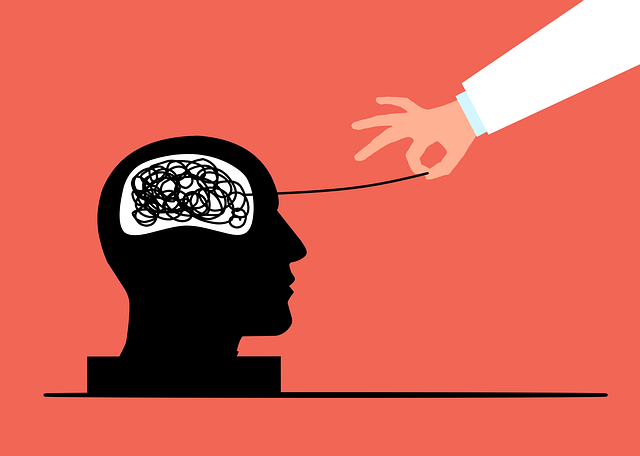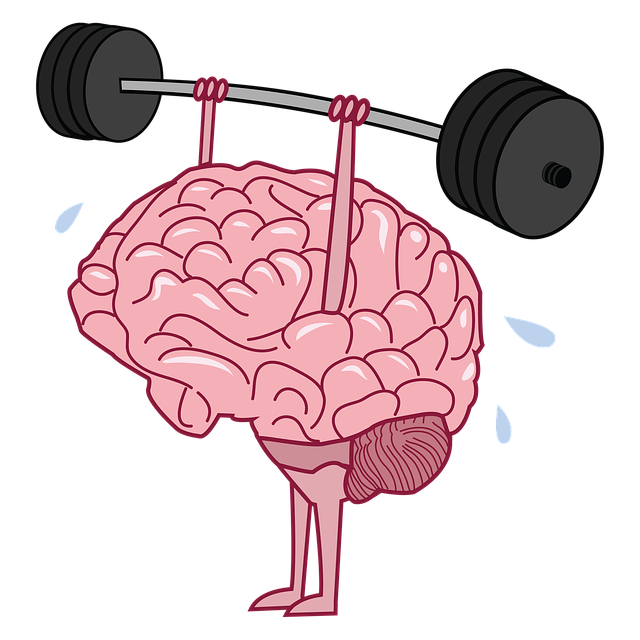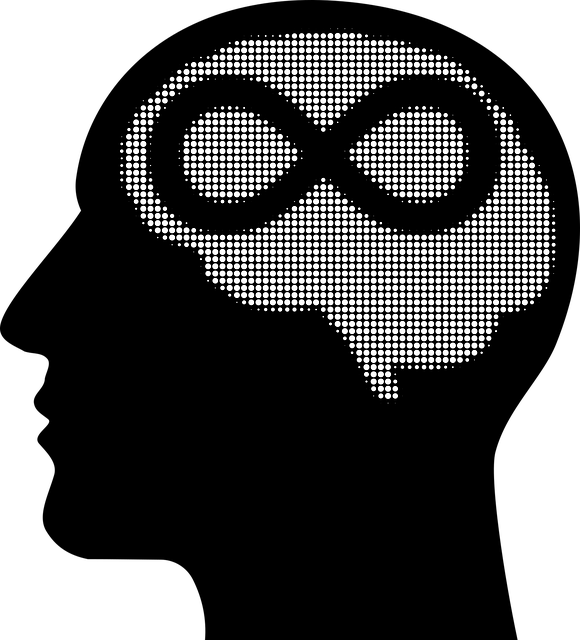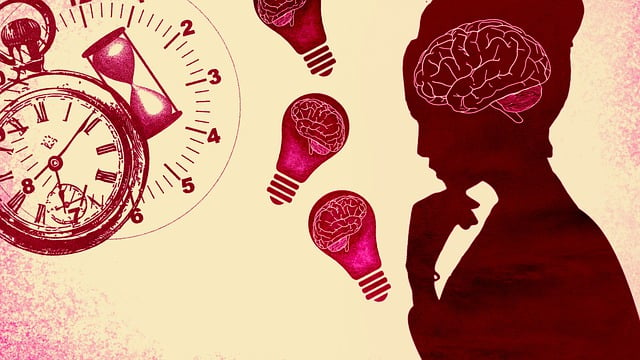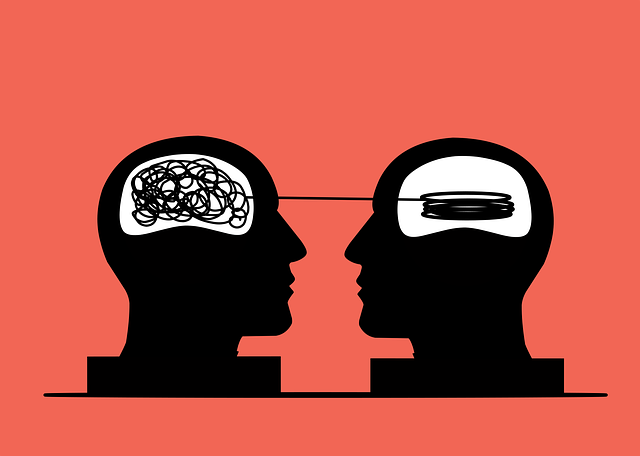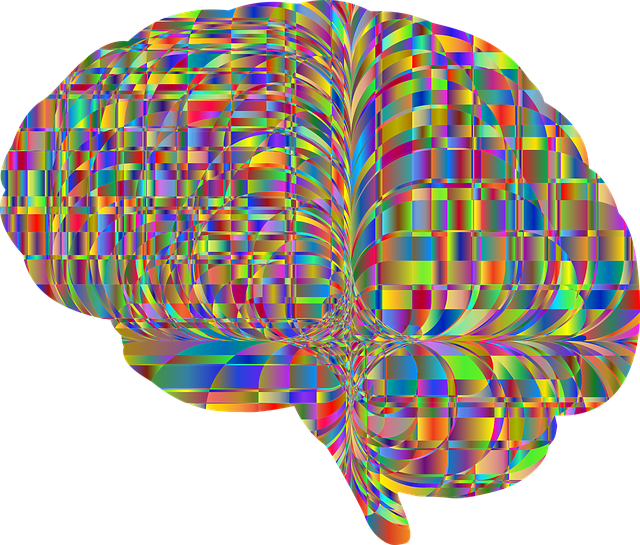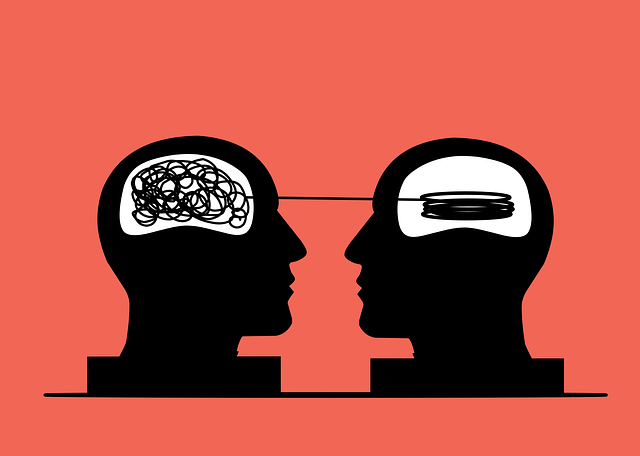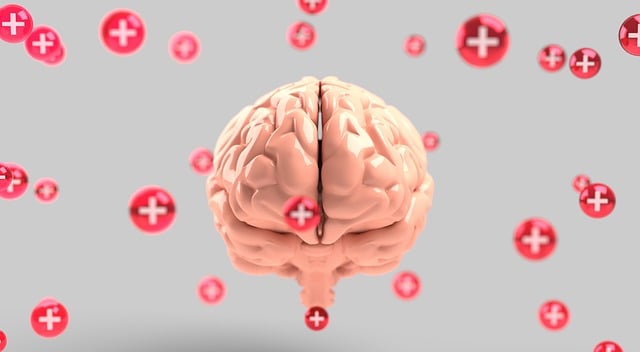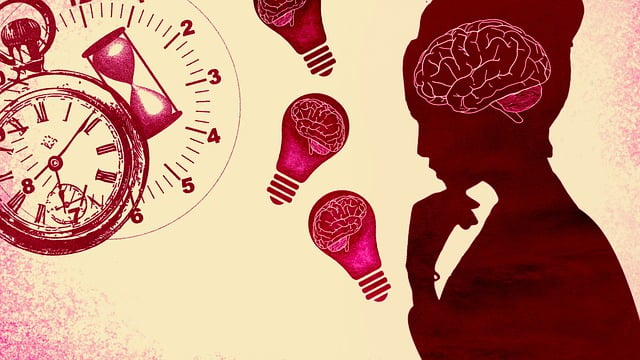Aurora Children's Therapy employs a rigorous evaluation process that combines quantitative data analysis and qualitative feedback from children and caregivers to assess its programs' effectiveness. By focusing on emotional regulation, social skills, and quality of life, and integrating evidence-based practices like Mindfulness Meditation and Self-Care Routine Development, Aurora ensures positive impacts on young minds. Their tailored mental wellness programs aim to manage stress, promote emotional well-being, and improve self-esteem, with measurable goals and quantitative methods, such as surveys, used to track progress and refine services for optimal youth mental health support.
“Exploring the evaluation methods of Aurora Children’s Therapy programs reveals a comprehensive approach to mental wellness. This article delves into the strategic assessment of these programs, focusing on both quantitative and qualitative aspects. We examine how surveys, data analysis, interviews, and focus groups measure impact. Additionally, we discuss effectiveness through short-term and long-term outcome comparisons, cost-benefit analyses, and client satisfaction metrics. Furthermore, strategies for continuous improvement, emphasizing data-driven decisions and stakeholder collaboration, set Aurora apart in the realm of children’s therapy.”
- Assessing the Impact of Aurora Children's Therapy Programs
- – Program goals and objectives
- – Quantitative methods for evaluation (e.g., surveys, data analysis)
Assessing the Impact of Aurora Children's Therapy Programs

Evaluating the impact of Aurora Children’s Therapy programs is a multifaceted process designed to gauge their effectiveness in enhancing mental wellness among young participants. This involves assessing improvements in specific areas such as emotional regulation, social skills, and overall quality of life. The therapy programs at Aurora prioritize evidence-based practices, including Mindfulness Meditation techniques and Self-Care Routine Development strategies, to foster better mental health outcomes.
Through a combination of quantitative data analysis and qualitative feedback from both children and their caregivers, the evaluation measures progress before and after program participation. This approach allows for a comprehensive understanding of how Aurora Children’s Therapy impacts young minds, identifying areas of strength and offering insights into areas requiring further enhancement. Additionally, Social Skills Training components are meticulously evaluated to ensure they contribute to positive interactions and relationships within the therapeutic environment.
– Program goals and objectives

Evaluating a mental wellness program, such as those offered by Aurora Children Therapy, begins with a clear understanding of its goals and objectives. These should be specifically tailored to address the unique needs of the target population, whether it’s children or adolescents. The primary goal might focus on Stress Management for young individuals, aiming to equip them with healthy coping mechanisms to navigate life’s challenges. Another objective could be Emotional Well-being Promotion Techniques, fostering resilience and a positive sense of self. Additionally, programs often strive for Self-Esteem Improvement, empowering children to believe in themselves and their abilities.
By setting measurable goals, the effectiveness of these initiatives can be assessed. For instance, reduced stress levels, improved emotional regulation, and increased self-worth among participants indicate successful program outcomes. These evaluation methods not only hold programs accountable but also provide valuable insights for refinement, ensuring that services remain relevant and impactful in promoting mental wellness in youth.
– Quantitative methods for evaluation (e.g., surveys, data analysis)

Evaluating mental wellness programs through quantitative methods offers a structured approach to understanding their impact. Surveys and questionnaires are powerful tools for collecting data from participants, providing insights into their experiences, perceptions, and changes in mental health status. For instance, Aurora Children Therapy employs pre-post survey designs to measure improvements in symptoms of anxiety or depression among young clients. This simple yet effective method allows therapists to quantify progress over time, identifying which aspects of the program are most beneficial.
Furthermore, data analysis plays a crucial role in quantifying the success of mental wellness initiatives. By analyzing trends and patterns within collected data, researchers can assess the effectiveness of programs like Mental Illness Stigma Reduction Efforts or Mental Health Education Programs Design. This analytical process involves statistical techniques to draw meaningful conclusions, ensuring that the development of future Mental Wellness Coaching Programs is informed by solid evidence.
The evaluation of mental wellness programs, particularly those offered by Aurora Children’s Therapy, is a multifaceted process that combines qualitative and quantitative methods. By assessing both the short-term outcomes and long-term impacts, such as improved emotional regulation and enhanced social skills, we can accurately gauge the effectiveness of these therapeutic interventions. Quantitative tools like surveys and data analysis provide measurable results, while qualitative feedback from participants and caregivers offer deeper insights into the program’s benefits. This comprehensive evaluation approach ensures that Aurora Children’s Therapy continues to deliver quality care tailored to the unique needs of each child.
